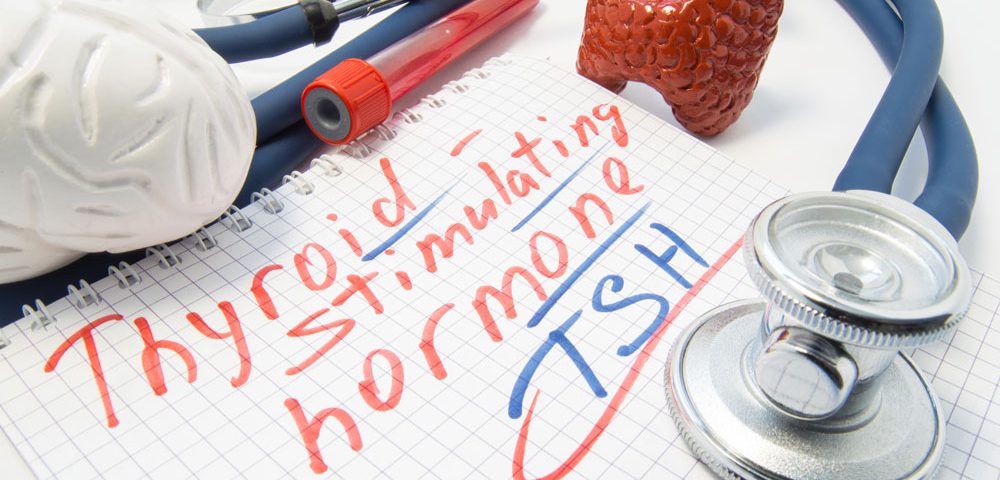Brain Health and Thyroid Function in 3 Steps
Is there a connection between the health of your brain and your thyroid function?
It turns out that if your thyroid function is sub-optimal, it can impact your cognitive health. Here are some comments from a few of my thyroid patients:
- “What happened? I used to be the smartest person in the room but now I struggle with getting my job done efficiently.”
- “Ever since I was diagnosed with Hashimoto’s, I cannot think clearly and struggle with brain fog”.
- “I am telling you, I think I have dementia and I am only 45 years old.”
Thyroid Hormone Out of Balance
The first thing to understand is that thyroid hormones are “growth factors” for your brain. Low thyroid function affects metabolic processes in the brain which in turn impairs neurotransmission and memory. Interestingly high and low levels of TSH have been associated with poor cognitive function and decline so it seems that just the right amount of thyroid hormone is important.
Our brain – just like all the other cells of our body have thyroid hormone receptors. Normal thyroid function is critical in both neurodevelopment as well as neurodegenerative processes. When there is not enough thyroid hormone, researchers have seen a decrease in the size of memory structures in the brain- such as the hippocampus. In addition, thyroid hormone assists in myelination of nerves and neuroplasticity. Therefore, learning and memory can be impaired when we do not have “just the right amount” of thyroid hormone. Low thyroid hormones in the brain have also been shown to increase beta amyloid production in the brain which is the protein that accumulates in Alzheimer’s patients.
One of my professors sagely said to me- “Thyroid hormone is the kind of thing you have to get perfectly right for your patients or they will not feel good” and I have found this to be true.
In the quest for the “perfect” thyroid hormone replacement for my patients, I have utilized generic and brand name forms of synthetic levothyroxine and liothyronine as well as naturally desiccated forms of thyroid hormones and even specialized compounded formulas. I have concluded that just like everything else in the human body, the approach must be individualized and not only the amount but the optimal form we give can vary from person to person. Some people need monotherapy with just T4 and some people need combination therapy with T3 and T4. At the end of the day, we pair how a person feels with their lab values and settle on dosing over time.
Brain Inflammation and Autoimmune Thyroid Disease
The most common form of thyroid imbalance in the United States is autoimmune thyroid disease affecting 1-5% of the general population.. When autoimmunity is present, the brain can be affected just from being a “bystander” to the inflammation present in the body as well as from something called “molecular mimicry” meaning that brain tissue that appears similar to thyroid tissue can be involved in the immune system attack. It seems that the cerebellum and balance systems in the brain are affected as well as cognitive areas in some patient’s with autoimmune thyroid disease.
Addressing the immune dysfunction and brain inflammation in my opinion is critical as it is another step to take to treat the “brain fog” in thyroid patients. To do so, we look at reducing triggers for inflammation in the body as well as trying to balance out the immune system. Some of those triggers can be related to latent infections, toxins, imbalances in the microbiota and even food reactions.
Three Steps to improving the Brain Thyroid Connection
1. Adequate and appropriate thyroid hormone replacement that is personalized to the individual
This may mean experimenting with different forms and different doses of thyroid hormone and laboratory testing to get the balance right
2. Seek and reduce immune system irritants
Sometimes this involves looking at the gut microbiota, latent viral and bacterial infections, environmental allergens, food reactions, and toxins.
3. Balance out and modulate the immune system in the brain
We use immune modulators to reduce inflammation and support the immune system to allow for healthy immune function especially in the setting of autoimmune thyroid disease.





